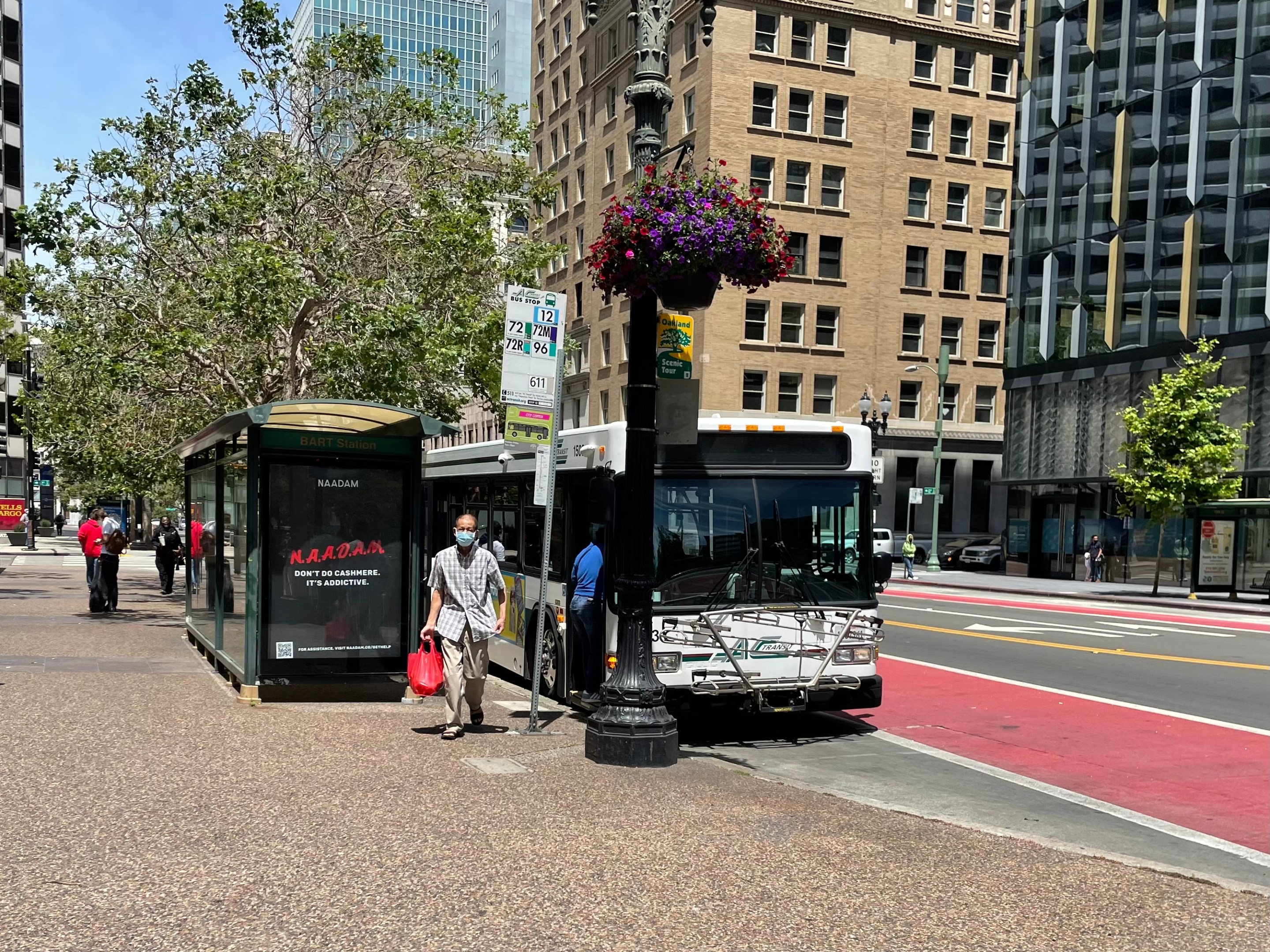The topic of fare-free transit is hot. Public transit is a public good and it's also good for the environment, economic opportunity, social mobility, traffic congestion.
Various places around the country are piloting the idea: Boston Mayor Michelle Wu has pushed for a free bus system, and Kansas City eliminated bus fares. In California, several bills in the legislature would create free transit for youth, and some local agencies aren't waiting for them to pass. Temporary fare-free programs at agencies around the state have been supported by cap-and-trade grants, with the expectation that more people riding means less people driving, and fewer greenhouse gas emissions.
Some have argued that free transit can't work, citing a variety of reasons. As Stephen Dubner points out on his recent podcast for Freakonomics Radio, "it's complicated."
In the podcast, he speaks with Boston Mayor Wu, Robbie Makinen from the Kansas City Area Transportation Authority, UCLA transportation researcher Brian Taylor, London transportation executive Shashi Verma, and a traffic planner in Stockholm who believes so thoroughly in free fares that he shows people how to dodge them, going so far as to create an "insurance plan" to pay their citations if they got caught.
The arguments for free transit are many. Dr. Destiny Thomas recently articulated an equity perspective on the issue in a conversation with Kea Wilson on Streetsblog USA. People can't afford transit fares, she said, and because we live in a society where basic needs are monetized, they are stuck. Arguing that transit subsidies are "unfair" puts the burden of solving issues like climate change, once again, on the people who are suffering and struggling the most.
In the Freakonomics podcast, Wu articulates this clearly. She has argued that free public transportation is the single biggest step society could take to move towards greater economic mobility, racial equity, and climate justice because it creates equitable access to opportunities. She quotes a Harvard study that "showed that the factor most closely linked to a family's ability to rise out of poverty... wasn't the test scores of schools in the area, it wasn't the public-safety statistics. It was the average commute time to work."
And people "ration out" other necessary tips, like going to the grocery store or getting to medical appointments, because transit fares are expensive, and they add up, she said. It's a matter of basic quality of life.
Other arguments for free transit discussed in the course of the podcast are that paying fares slows down passenger loading, which contributes to the long travel times of bus riders vs. car drivers. In the case of many bus agencies in particular, fares pay for a vanishingly small portion of the costs of running transit anyway - about a third, nationwide, and as low as ten percent.
One of the reasons Kansas City decided to make its buses fare-free was because their "farebox recovery" was only ten percent, and they chose, at least for the moment, to make that up from other sources.
The discussions continue, and there's more to learn from the experts on the podcast.






